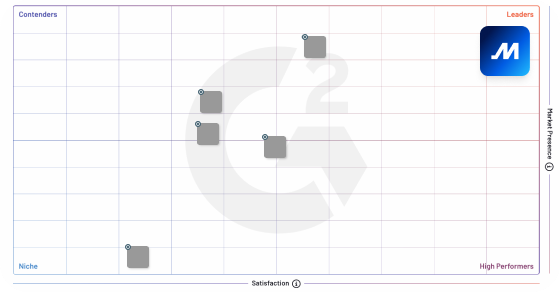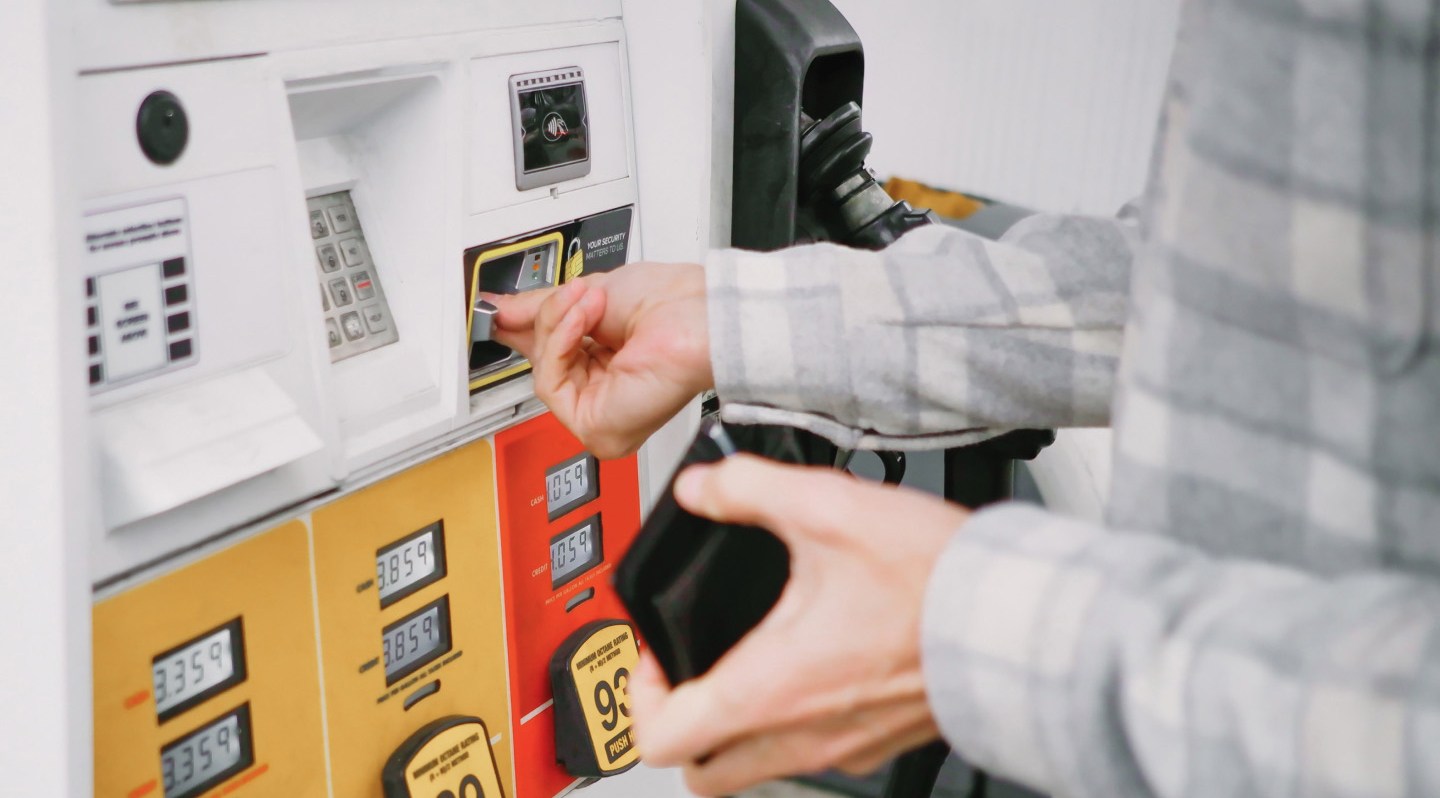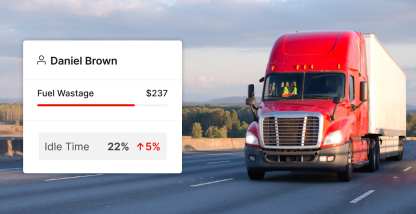Hear from leaders in the trucking and construction industries about simple ways to reduce fleet fuel costs and improve fleet fuel economy. This webinar, Cutting Fuel Costs with the Help of Technology, is now available on demand.
Steve Keppler of Scopelitis Transportation Consulting moderated a discussion, featuring thoughtful insight from:
- Dave Schaller of the North American Council for Freight Efficiency
- Melinda Tomaino of the Associated General Contractors of America
- Aaron Patterson, Director of Operations at Keller Trucking
Get a quick recap of how to reduce fleet fuel costs and improve fleet fuel economy as described in this discussion.
Best practices to reduce fleet fuel costs and consumption
Across the transportation industry, fuel is vital to executing work, whether that requires moving loads between cities or across jobsites. With labor shortages in trucking and construction, “it’s hard enough to get drivers in the seat, much less inspire them to make the decisions fleets want them to,” Schaller said.
Companies looking to get more from their fuel strategy have great options. The North American Council for Freight Efficiency, where Schaller works as Industry Engagement Director, encourages fleets to be mindful of vehicle aerodynamics and the impact of wind pressure on fleet fuel efficiency. Simple tricks like using low-rolling resistance tires, parking on concrete instead of blacktop, or avoiding hard braking can conserve fuel and reduce fleet fuel costs as well.
Fleets have worked hard to scale back idling, especially in response to high fuel prices. “From a fuel conservation standpoint, reduced idling is one of the most immediate options available,” Tomaino said. “As one of our members likes to say, ‘the worst mileage a vehicle can have is zero miles per gallon.’” Reduced idling can provide various savings and benefits, Tomaino added, depending on the size and type of vehicle.
Inspiring drivers to plan for better fleet fuel economy
Achieving the best fleet fuel economy involves smart planning from managers and drivers. Keller Trucking monitors fuel prices constantly, coaching drivers to be mindful of routing, safety, and fueling options — all of which play into fleet fuel economy.
“We incentivize drivers on the decisions that they make, ranking their decisions from best to worst,” Patterson said. “From an operational standpoint, there’s nothing more frustrating than seeing a driver go off an exit with four truck stops right there and choosing the fuel with the highest price.”
Listen to the webinar on demand for smart tips to reduce fleet fuel costs and to get a look at what’s coming in alternative fuels.










